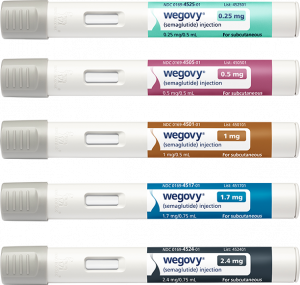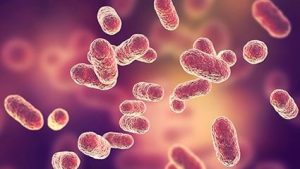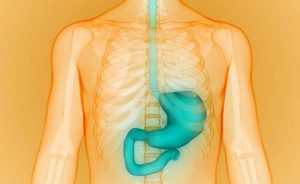
Expectant moms often try to plan as many aspects of their upcoming delivery as they can. But one thing they might not consider is what type of pain relief they will choose if they need to have a C-section. Now, new research from the University of Texas suggests that while opioids can control pain, a combination of other painkillers could offer similar relief with fewer side effects and no risk of addiction. “Opioids do not need to be routinely prescribed for every woman,” said study author Dr. Jenifer Dinis. She is a clinical instructor in the department of obstetrics, gynecology and reproductive sciences at UT Health McGovern Medical School in Houston. “We can control pain effectively with ibuprofen and acetaminophen. For those who do need opioids, we don’t need to give out as much,” Dinis said. A big concern anytime opioids are used is the potential for addiction. As many as one in four people given a long-term prescription for opioids in primary care has reported struggling with addiction, according to the U.S. Centers for Disease Control and Prevention. Even if people don’t use the opioid prescriptions they’re given, family members or friends may end up using those drugs. In 2016, more than 11 million Americans said they had misused opioids during the past year, the CDC said. Approximately 130 Americans die every day due… read on >


































